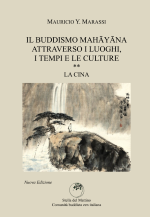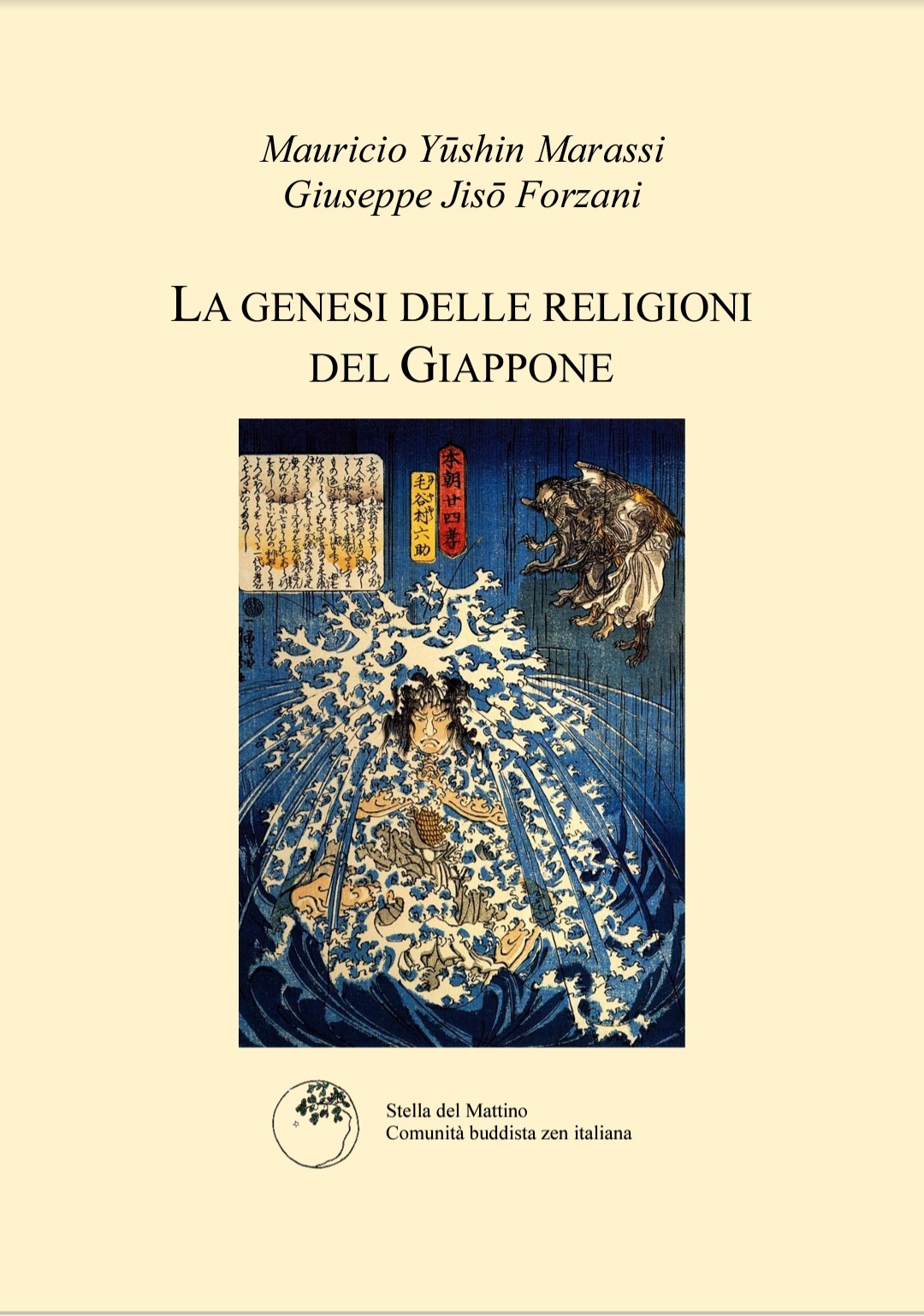When the Way is entrusted to the Way, the Way has been attained. On gaining the Way, the Way has been entrusted to the Way (9). Only when a gift is entrusted to the [inherent qualities of the] gift does that treasure become an unconditional gift (10). Self is being offered to self, and other is being offered to other (11). The virtuous power of unconditional giving that is present in the conditions and characteristics of all things is transmitted to those living in the heavenly and human realms; it is felt as well by those at various levels in their practice (12). This is because the giving [inherent in the gift] serves to connect all things—the giver [actually becomes one] with the receiver. The Buddha has said that when a new entrant who is well known for having offered freely comes into the assembly, everyone greets him/her with warm anticipation (13). You should understand that such a spirit [of giving] becomes transmitted deeply and without fanfare. In that same way, one word or one verse of the Dharma teaching becomes an offering as well. Such becomes a seed for carrying out good (14) in this and other lives. A trifling sum, even a blade of grass, should never be withheld; this, too, possesses giving, it becomes the root that functions as a power engendering good (15) in any age (16). The Teaching of the Dharma is a treasure; material treasures are also dharmas, either one depending on the fervency of our vow (17).
Notes:
9)Entrust. [ASR] Yogo Suigan roshi was abbot at Saijoji Temple, famous for being a gokito temple. Gokito are somewhat shamanistic or exorcistic prayers. He had one prayer for peace in the home, another for aborted fetuses, another for the safety of your automobile, another for a happy marriage and another for success in the university entrance exams. However, the first thing he told those who came to him was, “If you’re going to pray, then don’t just ask for one or two things, ask for everything!” In saying such, his “ask for everything” is the same as entrusting. Sawaki Roshi expressed it with his sweeping statement: “Take everything. Just don’t select!” So, entrusting is the same as accepting everything that is on your plate and dealing with it. Uchiyama roshi called this deau tokoro waga seimei 出逢うところわが生命, that is, “whatever we encounter is our life”.
10)“To entrust” is the key word here. I have chosen to translate it literally in accord with basically the same meaning as the Japanese word makaseru 「任せる」. However, to trust or makaseru should not be thought in any way to imply a giving up of one’s personal responsibility. It is because of this implication in English or, more broadly, in Western thought, that I hesitate to use the word ‘entrust’ here. The sense of the passage suggests that when we set aside our ego and become one with the encounter or situation, then offering or giving, that is, fuse or dana, truly manifests or functions of itself. [ASR] When we try to exert our own narrow way as to what is valuable or how I think a thing should be used, it is no longer an offering. I bought a calligraphy I particularly wanted to give to my teacher. When he responded that he didn’t particularly care for it but would find use for it as a gift to someone else, I told him that I bought it for him and if he wasn’t going to use it, I didn’t want to give it to him. This was a big mistake on my part.
11)[Note in text] Self is offered to self as it is, other is offered to other as it is.
12)[BDJ] sangen juuji 「三賢十地「聖」, another way of saying ‘bodhisattvas’. Readers of this text should substitute them selves and their own practice as little bodhisattvas in this passage.
13)The Japanese word here is nozomimiru which can be written with two different characters which means to look on from a distance「臨む」, or「望む」to have hope for or have expectation in regard to someone. In the context of the original text, the Zoitsu Agon-kyo, Chap. 24, it would seem to be the latter, though some scholars prefer the former sense of the word.
14)”Seed for carrying out good (deeds)”: zenshu 「善種」.
15)To function as a power for good zengon「善根」. Here, Dogen is using the words zenshu and zengon which are virtually the same in meaning in this context. The former literally means ‘seed’, while the latter means ‘root’.
16)In this life and the next…in this realm and others. Here, Dogen is referring to time (in this life and the next) and place (in this realm and others).
17)Here the Chinese character for vow is 「願楽」, gangyo. The character「楽」has several readings. It can be read raku implying doing something with pleasure. In that case, the Japanese reading would be tanoshimu. It can also be read gaku having to do with music, either of an instrument or perhaps of a bird. Combining the character with gan, however, the reading changes to gyo and the meaning changes to vow but implies that vow, in this case, is the pleasurable pursuit of the highest truth, that is, pursuit of buddhadharma.
Se volete, lasciate un commento.
You must be logged in to post a comment.







